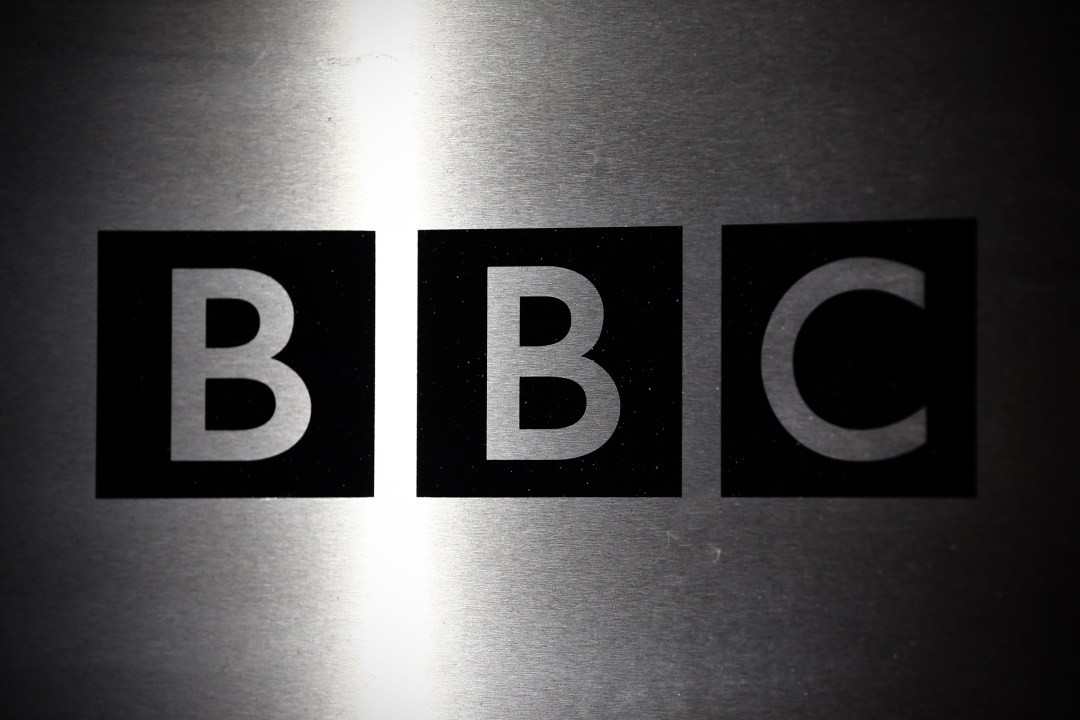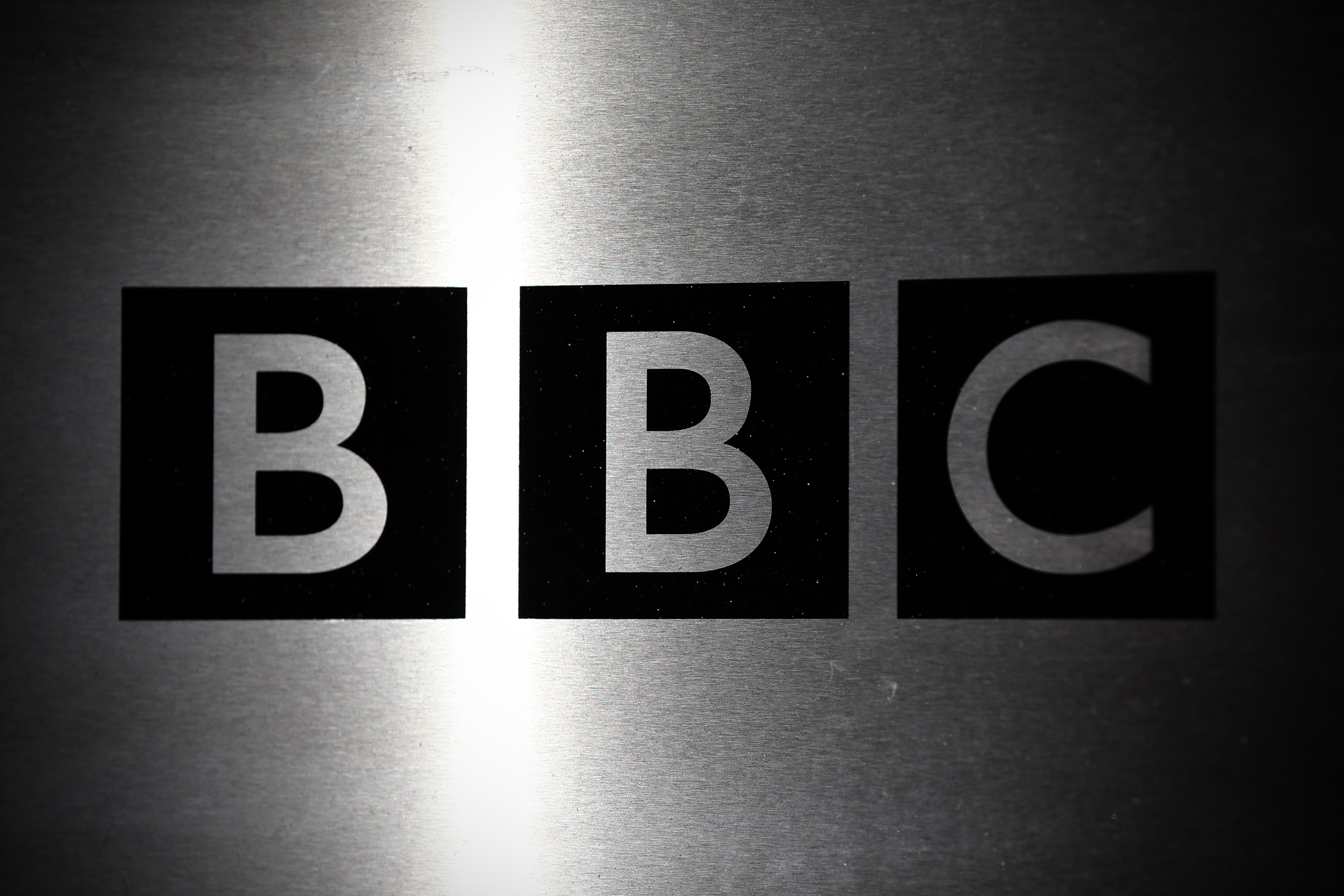Earlier this week, Mr S brought you the BBC’s internal guide to talking about climate change and how to win audiences over to the ‘correct’ side of the issue. Now he can report that the Corporation’s commissars of language appear to have also redefined what it means to be gay.
That redefinition comes in the BBC Style Guide, the in-house guide to words last updated in November. In light of the Corporation’s increasingly desperate attempts to win over younger audiences, Auntie’s description of ‘homosexual’ might raise some eyebrows given its definition as: ‘Homosexual means people of either sex who are attracted to people of their own “gender.”‘
Eagle-eyed readers will note the controversial use of the word ‘gender’ rather than ‘sex’ there. Students of the gender wars will know this is not a small difference. Sex, after all, refers to a person’s biology, their anatomy. Gender is a social role, or a person’s idea of themselves – regardless of anatomy and the origin of that famous phrase ‘trans women are women.’
So what happens if gay means same-gender attracted, as the BBC now says? Well, it means that a gay man can be sexually attracted to a trans man with female anatomy. And a lesbian can sleep with a trans woman with a penis. Meanwhile, those old-fashioned enough to insist their sexuality is based on physical bodies such as, err, millennial icon Miley Cyrus have faced accusations of ‘genital preference’, a form of transphobia.
Fortunately the BBC’s style police will help such folk get up to date with these modern, progressive times. But this won’t come as a surprise to everyone. Because that controversial BBC definition is the same as the one used by none other than Stonewall, which says the term homosexual is: ‘used to describe someone who has a romantic and/or sexual orientation towards someone of the same gender.’
A complete coincidence, no doubt.








Comments